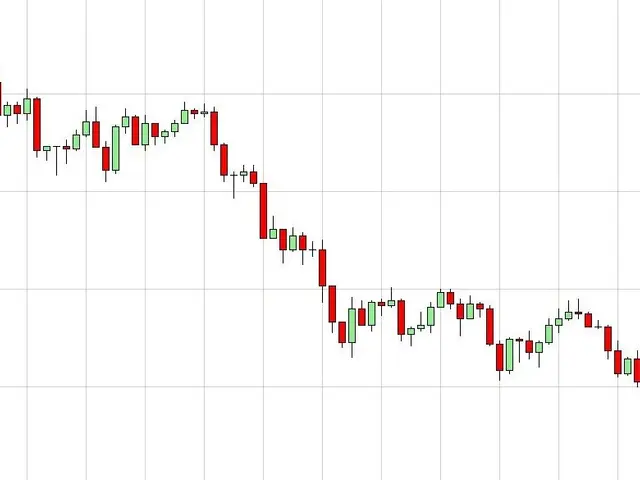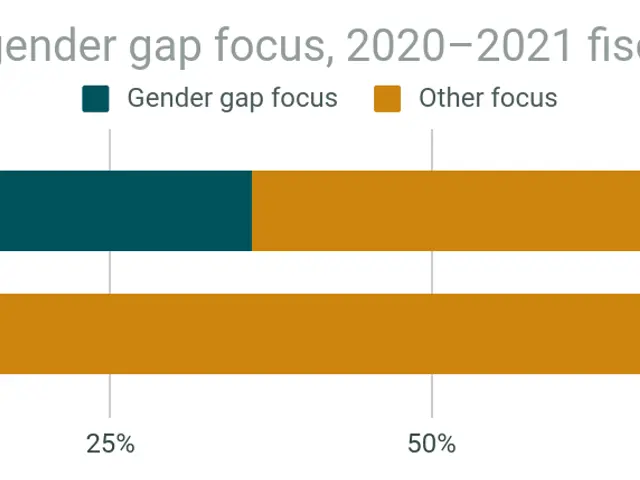Stock market plummet in Japan – implications for investors analyzed
In a dramatic turn of events, Japan's local stock market, including the Nikkei, has experienced one of its worst two-day drops since the 1950s. This sell-off has raised concerns about the underlying health of the economy, with sceptics suggesting it has "exposed the true face of an economy" still plagued by "zombie" businesses, poor management, and wasted capital.
The sell-off was triggered by a rate hike from Japan's central bank. However, bankers have since reassured the public that they won't tighten too quickly, reducing the risk of a repeat performance.
The benchmark Topix index has gained 36% since the start of last year, but has still experienced a 12.4% drop in one day and is down 11% since the mid-July peak. The Topix is now on a forecast 13 times earnings, compared with 20 times for America's S&P 500.
Japanese Prime Minister Fumio Kishida announced he will not seek re-election as leader of the country's governing party, a decision that comes amid public anger about cost-of-living pressures and a party corruption scandal.
The 20.3% stock plunge over three days marks Japan's worst performance in data going back to 1973. However, the Topix has rallied 15% from its nadir last week, albeit with "absurd" daily swings, making Japan resemble an emerging market.
The speed of the stock market's drawdown has led many to question if Japan's economic revival was just an illusion driven by currency weakness. The weak yen, which boosts the earnings of big listed multinationals like Toyota, could be losing its influence, signalling the end of one of Japan's most enduring stock rallies in decades.
Interestingly, Warren Buffett and Berkshire Hathaway have recently announced increased investments in Japanese stocks, specifically by raising their stakes in the trading houses Mitsubishi and Mitsui. This move signals confidence in the improved market conditions and enhanced capital allocation in Japan.
As the baton passes to smaller, more domestically oriented stocks, the era of certain sectors like banks, insurers, carmakers, and tech being at the forefront of the Topix is drawing to a close.
For investors, this turbulence could ultimately mean "lower prices and better valuations". Exclusive early access to news, opinion, and analysis from a team of financial experts is available with a website subscription.
Read also:
- Peptide YY (PYY): Exploring its Role in Appetite Suppression, Intestinal Health, and Cognitive Links
- Toddler Health: Rotavirus Signs, Origins, and Potential Complications
- Digestive issues and heart discomfort: Root causes and associated health conditions
- House Infernos: Deadly Hazards Surpassing the Flames








